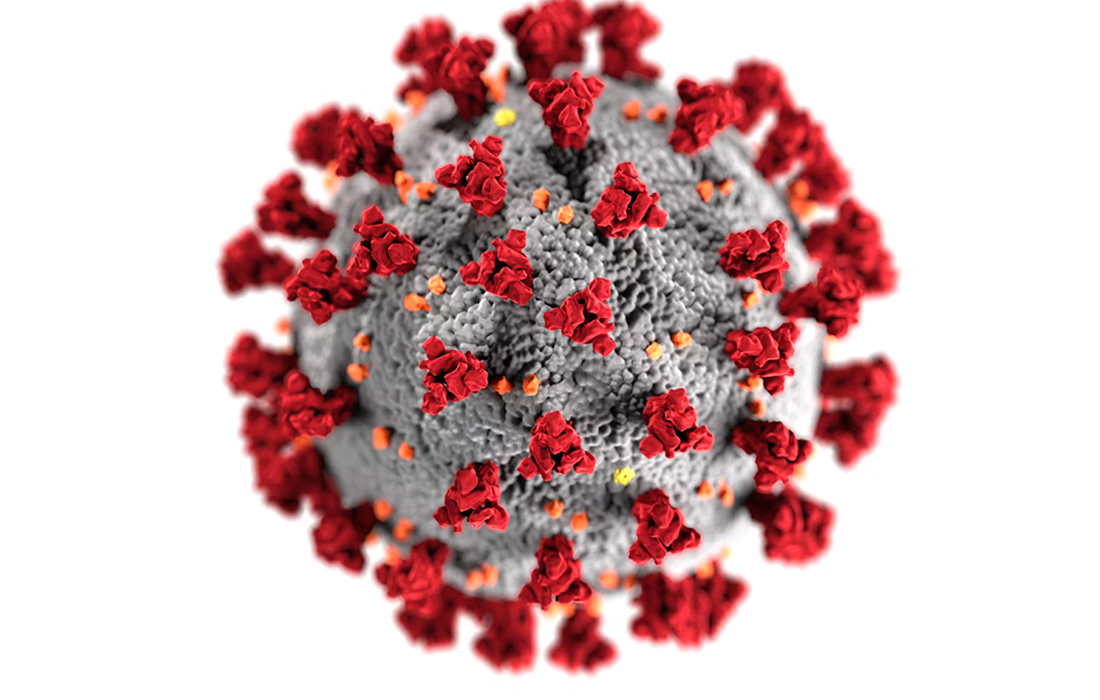COVID-19
After 2 Years Patients Still Suffering from Long COVID
During the pandemic growing evidence has shown that a considerable proportion of those who have survived hospitalization with COVID-19 have long-term effects on multiple organs and systems, a condition commonly term long COVID or post-COVID-19 condition.
Several cohort studies have highlighted that the health effects of COVID-19 could persist up to 1 year after acute infection, most of which had no control groups of individuals who had not contracted COVID-19 and focused only on symptomatic sequelae or respiratory outcome.
In a study published in the journal The Lancet Respiratory Medicine, researchers characterized the longitudinal progression of health outcomes in COVID-19 survivors with different initial disease severity up to 2 years after the acute infection, and established the impact of long COVID.
2 Years Later 55% of Patients Were Still Struggling
The study was performed in China, and included a total of 1,119 participants that were discharged from Jin Yin-tan Hospital between January 7 and May 29, 2020.
After six months from the acute infection, up to 68% of the participants reported symptoms of long COVID, and by 2 years the number dropped to 55%. With muscle weakness or fatigue, together with sleep difficulties being the most common reported symptoms (reported by 31$ of the participants).
The patients reported worse exercise capacity, more mental health abnormalities, and increased healthcare use after discharge than survivors without long COVID symptoms.
The team concluded that their findings indicate that there is an urgent need to explore the pathogenesis of long COVID and develop effective interventions to reduce the risk of long COVID.
Source:
Lixue Huang, MD, et al. Health outcomes in people 2 years after surviving hospitalisation with COVID-19: a longitudinal cohort study. 2022. Lancet. DOI:https://doi.org/10.1016/S2213-2600(22)00126-6
Image from:

